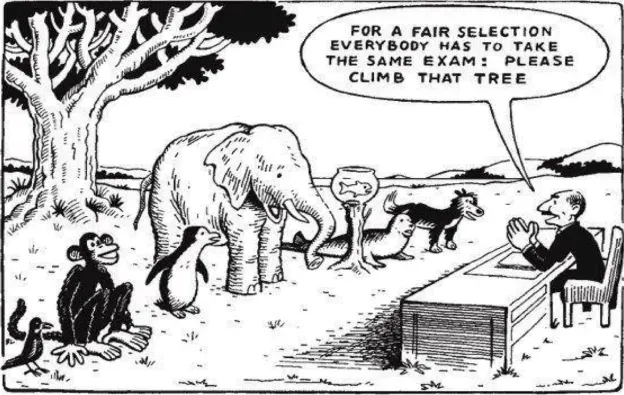While the world applauds student-centred learning, who is really standing beside the teacher?
The Quiet Struggle Behind the Chalkboard
In a country where teaching is often revered as a noble calling, it is heartbreaking to witness how silently our teachers are suffering. Every time we discuss the future of education, we talk about AI, experiential learning, student agency, or 21st-century skills. But very few pause to ask: Are our teachers truly ready for this future?
This post is not about student outcomes. It’s about the people working tirelessly—often thanklessly—to shape those outcomes. It’s about the silent crisis of our Indian teachers, who are overwhelmed, underprepared, and emotionally stretched thin.
More Than Just a Teacher
Teaching in today’s India is not what it used to be. The modern Indian teacher wears many hats—facilitator, life coach, tech support, content creator, counsellor, and often, parent-by-proxy. Classrooms are no longer confined to four walls; they stretch across screens, smartphones, and social media groups.
And yet, most of our teachers were trained for a very different era.
The National Education Policy 2020 demands a complete shift—from rote learning to competency-based education. But the system expects teachers to make this leap without giving them the bridge. There’s an assumption that our teachers will “figure it out.” The truth? Many are just coping.
One-Size-Fits-None
Walk into any teacher training workshop in India, and you’ll likely find:
- A speaker with a PowerPoint and very little classroom experience.
- Dozens of teachers attending because it’s mandatory, not because it’s meaningful.
- No real-world application or follow-up on what was taught.
The system’s training model is outdated. It’s top-down, generic, and often disconnected from the challenges teachers actually face in classrooms. For rural school teachers, it’s worse—many travel long distances just to attend sessions that barely scratch the surface of their needs.
Where’s the personalisation? The mentorship? The human connection?
Digital Fatigue is Real—and It’s Not Just About Screens
Post-COVID, every teacher was expected to become tech-savvy overnight. From uploading worksheets to taking live classes, from mastering LMS platforms to responding to midnight WhatsApp queries—teachers were stretched far beyond their limits.
The irony? The same digital tools that were meant to make their work easier have become the very source of exhaustion. Unlike corporate sectors, teachers had no “digital detox policies” or mental health support. Burnout isn’t just a possibility anymore—it’s a pattern.
Why We Need to Stop Taking Teachers for Granted
Despite all odds, most teachers are doing their best. They’re attending weekend webinars, reading up on pedagogical theories, learning Canva, experimenting with storytelling, and even trying to understand ChatGPT.
But without system-level support, how far can they really go?
There are no rewards, no incentives, and no professional pathways. A good teacher today is expected to run at full speed—without a roadmap, a pit stop, or even applause.
A teacher recently said to me: “It’s not that I don’t want to learn. But after teaching six classes, handling admin, and planning lessons, I don’t even have the energy to think.”
How many more voices like this are we ignoring?
What Needs to Change – And Fast
We don’t need more “training sessions.” We need teacher transformation systems. Here’s how India can begin:
- Continuous microlearning instead of one-off workshops.
- Mentor-mentee clusters across schools for peer learning.
- Mental health days and access to counselling.
- Career ladders for teachers to grow without leaving the classroom.
- Recognition beyond awards—give teachers agency, respect, and resources.
We invest in smart boards. Why not invest in the human beings standing in front of them?
In Conclusion: No Reform Without the Teacher
If the NEP is the vision, teachers are the engine. And right now, that engine is overheated, under-oiled, and under-recognized.
We must stop treating teachers like they are easily replaceable. They are not. They are mentors, builders, emotional anchors, and the real curriculum behind every textbook.
Let this not be another silent crisis.
Let this be the beginning of a louder conversation.
Just another note from me:
If you're a school leader, policymaker, or parent, ask yourself—what have I done this month to uplift a teacher?
Because education reform doesn't start in a document. It starts in a classroom—with someone who showed up, even when they were tired.



